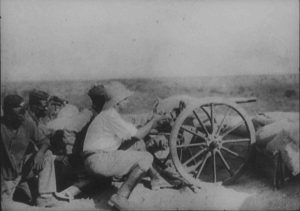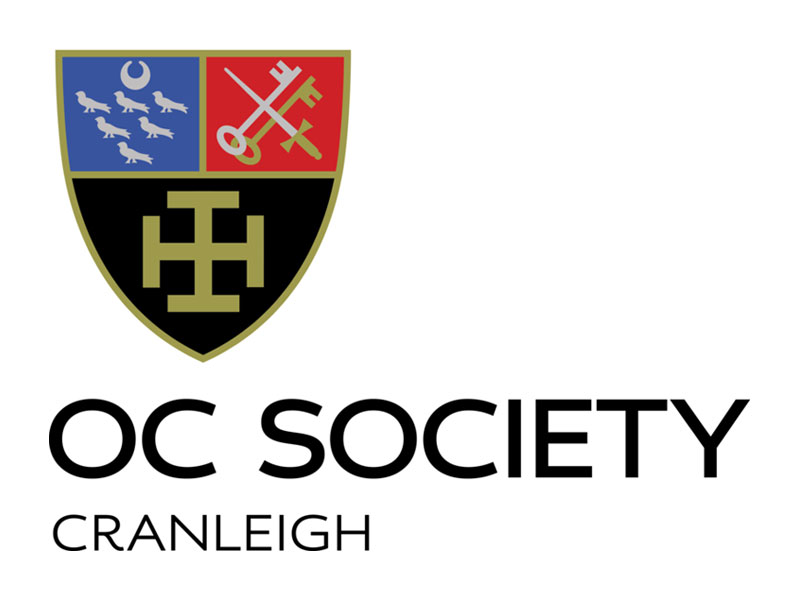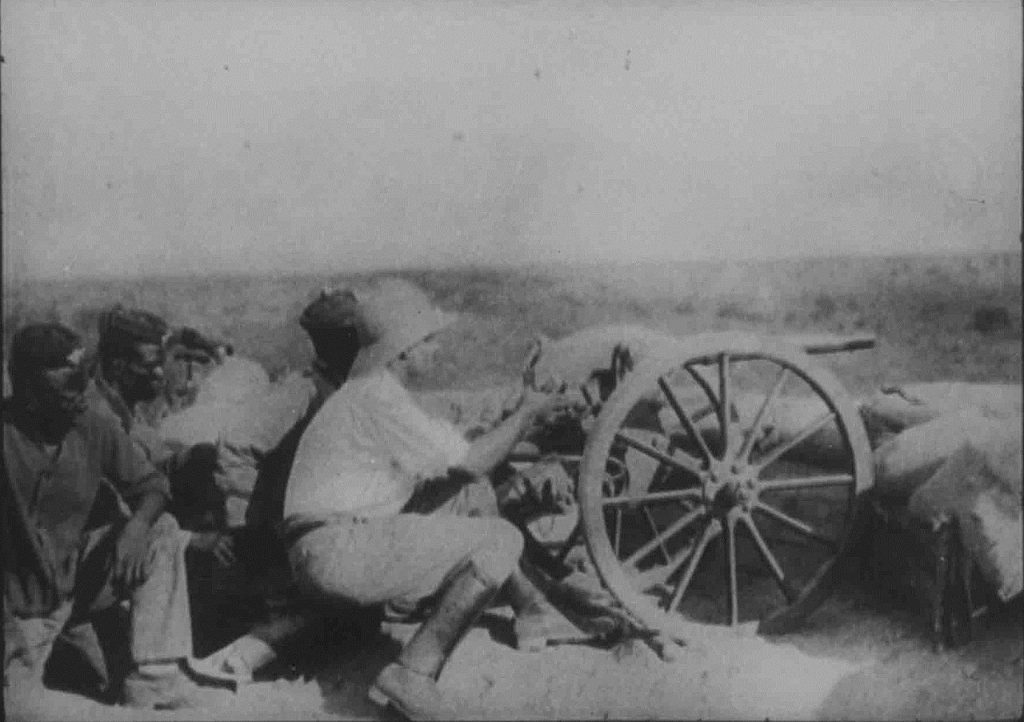
When Cranleighans returned for the Michaelmas Term in 1914 the war was already six weeks old. While the grim news from Europe dominated the headlines, the impact on daily life was limited.
Most house rooms at the School had a large map pinned on the wall where the daily positions of the respective armies were carefully marked and studiously discussed. Three masters had joined up before the start of term, and almost 200 Old Cranleighans enlisted in the first weeks following the declaration of hostilities. But it was on October 6, the harsh reality of war hit home.
In the Times that morning news was published of the death of Lieutenant-Colonel Percy Maclear of the Royal Dublin Fusiliers. He was the first Old Cranleighan known to have died in the war, although it subsequently emerged that Charles Bass had been killed in Belgium at the end of August.
Maclear was at Cranleigh from 1884 to 1887, going on to King’s College Canterbury and then Bedford School. He was a familiar name to Cranleighans as he had been something of a hero during the Boer War, being present at the Relief of Ladysmith and mentioned in dispatches three times.
His military career had continued in Africa and at the outbreak of war he was sent with the 2nd and 5th (Mounted Infantry) Battalion Nigeria Regiment to take the northern part of Cameroon to prevent coastal bases there being used by German shipping.
Maclear’s mission was undermined by thoroughly inadequate maps of the area he was sent to. After dark on August 29 he moved to attack the fortified town of Garua but stumbled into German defenders at around midnight. After initial success, Maclear withdrew his troops and decided to entrench and attack again at first light.
At 4.30am the Germans took the initiative and counterattacked using their Maxim machine guns which heavily outgunned the British who were cut down in large numbers and the native troops panicked leaving most of their officers, including Maclear, and NCOs behind in the trenches where they were killed.
Losses were 10 out of 25 officers killed with 250 out of 600 other ranks. Garua finally fell in June 1915 and that month a funeral service was held over the graves of the men who had fallen the previous August.
Maclear’s older brother, Harry (2N 1889), was killed after being hit in the head by a stray bullet in March 1916 while a third brother, Basil, an Irish rugby international who did not go to Cranleigh, was killed near Ypres in May 1915.

